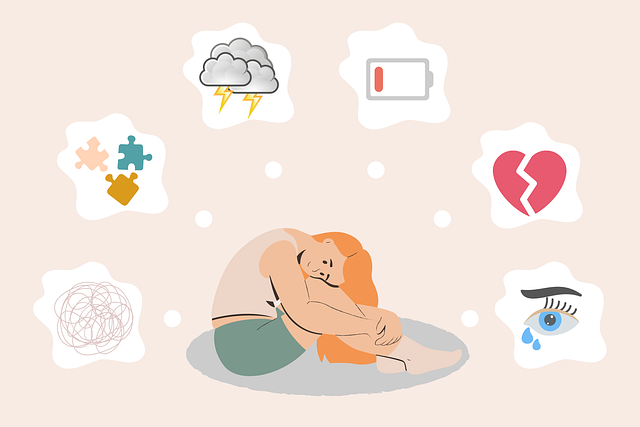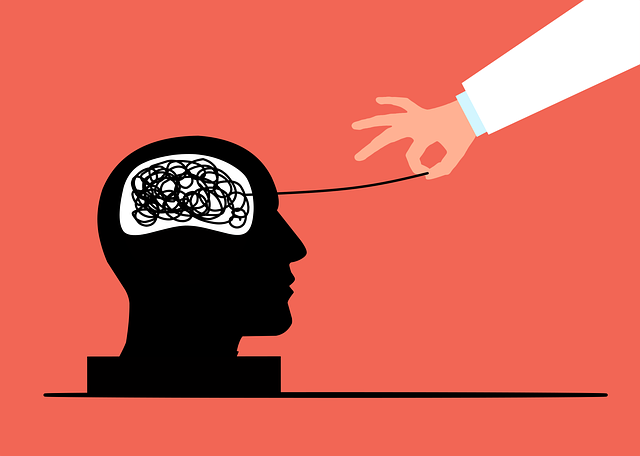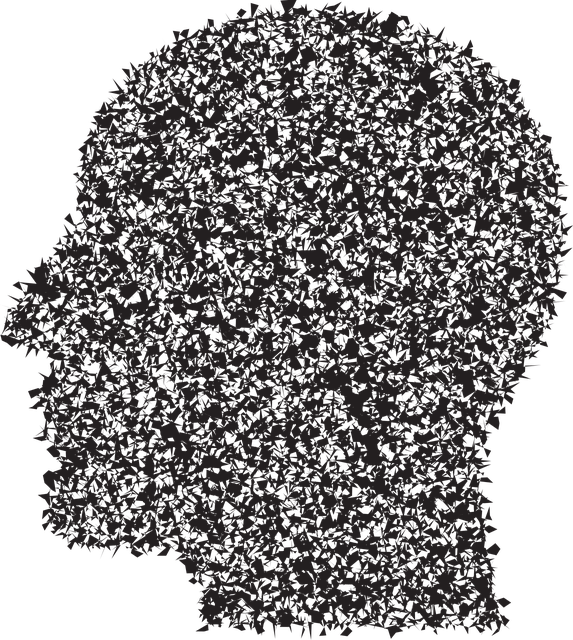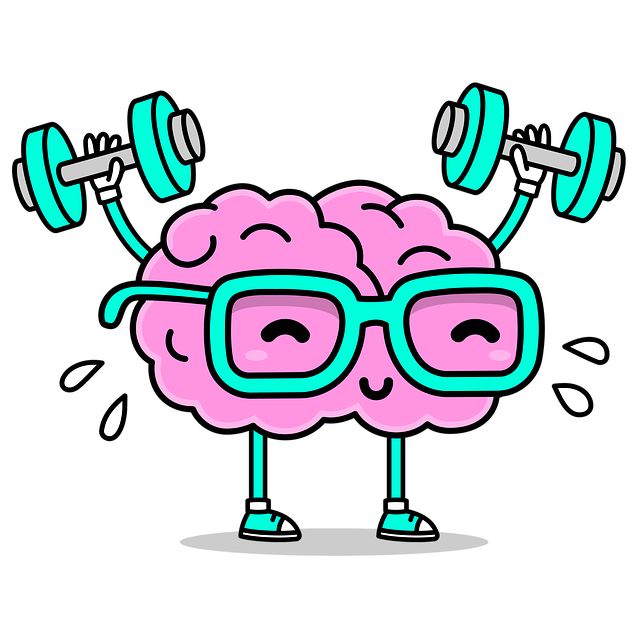In today's diverse healthcare landscape, addressing cultural disparities in children's mental health services is crucial. Traditional approaches often fail to meet the unique needs of varied backgrounds, leading to potential care gaps. Superior Children's Therapy offers a solution through targeted training programs focused on cultural competency. These programs equip professionals with tools to navigate cultural complexities, fostering trust and open communication. By understanding diverse beliefs and practices, healthcare providers can create inclusive environments, improve outcomes, and promote equality. Effective training involves structured workshops, case studies, and role-playing, emphasizing self-care routines tailored to diverse populations. Evaluating the impact through feedback, clinical outcomes, and patient experiences ensures positive changes in healthcare delivery, with continuous improvement strategies like peer mentoring and ongoing education.
In today’s diverse healthcare landscape, cultural competency among providers is more critical than ever. This article explores the vital role of training in addressing cultural barriers and improving patient outcomes, especially for children’s mental health. We delve into strategies for effective programs, highlighting the need for sensitive approaches that enhance trust and understanding. By focusing on cultural sensitivity, healthcare providers can offer superior therapy tailored to each child’s unique background, fostering better mental well-being.
- Understanding Cultural Competency in Healthcare: A Need for Change
- The Impact on Children's Mental Health: Challenges and Opportunities
- Designing Effective Training Programs for Healthcare Providers
- Measuring Success and Continuous Improvement Strategies
Understanding Cultural Competency in Healthcare: A Need for Change

In today’s diverse healthcare landscape, cultural competency is no longer an optional skill but a necessity. It involves understanding and respecting the cultural backgrounds, beliefs, and values of patients, especially when providing mental health services to vulnerable populations, such as children. The traditional approach often falls short in addressing the unique needs of families from various ethnic, racial, or socio-economic groups, potentially leading to disparities in care. For instance, what might be considered a sign of depression in one culture could differ vastly in another, making accurate diagnosis challenging without cultural context.
This is where superior children’s therapy comes into play. Training programs focused on cultural competency equip mental health professionals with the tools to navigate these complexities. By fostering resilience building and enhancing risk management planning, healthcare providers can better support families from diverse backgrounds. Such training ensures that depression prevention strategies are culturally sensitive, effective, and tailored to meet the specific needs of each child and their family, ultimately improving outcomes and promoting equality in healthcare.
The Impact on Children's Mental Health: Challenges and Opportunities

Children’s mental health is a critical aspect often significantly influenced by cultural competency in healthcare provider training. In diverse communities, where families may hold unique cultural beliefs and practices regarding mental well-being, a culturally sensitive approach is essential for superior children’s therapy. By understanding these nuances, mental health professionals can create inclusive environments that foster trust and open communication, ultimately enhancing the therapeutic process.
The challenges include barriers to access, such as language differences and cultural misconceptions about mental illness. However, these obstacles present opportunities for innovative solutions. For instance, incorporating self-care routine development into treatment plans not only supports mental health professionals’ well-being but also empowers them to guide clients in establishing healthy coping mechanisms. Additionally, stress management techniques and risk management planning can be tailored to meet the specific needs of diverse populations, ensuring a more effective and caring approach to children’s mental health services.
Designing Effective Training Programs for Healthcare Providers

Effective cultural competency training for healthcare providers requires a structured and holistic approach. Training programs should be designed to not only educate but also engage and empower medical professionals. A successful program can foster an environment where providers feel empowered to connect with diverse patient populations, understand their unique needs, and offer superior children’s therapy. Incorporating interactive workshops, case studies reflecting real-life scenarios, and role-playing exercises can make training dynamic and impactful.
In addition to direct treatment techniques, these programs should emphasize the importance of self-care routine development for better mental health. By implementing a community outreach program, healthcare providers can also gain insights into cultural nuances and emotional healing processes prevalent in diverse communities. This holistic approach ensures that medical professionals are equipped with the skills to provide inclusive care while maintaining their well-being.
Measuring Success and Continuous Improvement Strategies

Evaluating the effectiveness of cultural competency training is essential to ensure its long-term impact and positive changes in healthcare delivery. Measuring success involves a multi-faceted approach, focusing on both qualitative and quantitative data. This includes assessing participant satisfaction through feedback forms, as well as tracking improvements in clinical outcomes and patient experiences over time. By comparing statistics before and after the training, it becomes possible to quantify the benefits, such as enhanced cultural sensitivity among healthcare providers and improved patient engagement.
Continuous improvement strategies should build upon these assessments. Incorporating mechanisms like regular follow-up sessions, peer mentoring, and ongoing educational workshops allows for sustained learning. Encouraging participants to share their experiences and best practices fosters a culture of reflection and adaptation. Additionally, promoting self-care routines and emotional intelligence—key aspects in Superior Children Therapy—can help healthcare providers maintain their cultural competency skills while supporting their own well-being.
Cultural competency training is a game-changer in healthcare, especially regarding children’s mental health. By equipping providers with the knowledge and skills to navigate diverse cultural landscapes, we can enhance patient care and outcomes, particularly for underserved populations. Implementing comprehensive training programs that address historical injustices and promote empathetic, evidence-based practices is essential. Continuous improvement through measured success ensures that healthcare remains responsive to a dynamic society, fostering superior children’s therapy and overall well-being.











